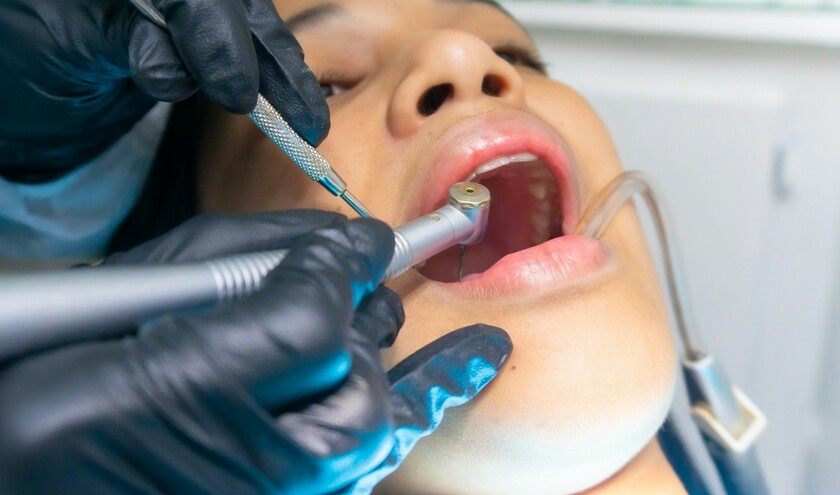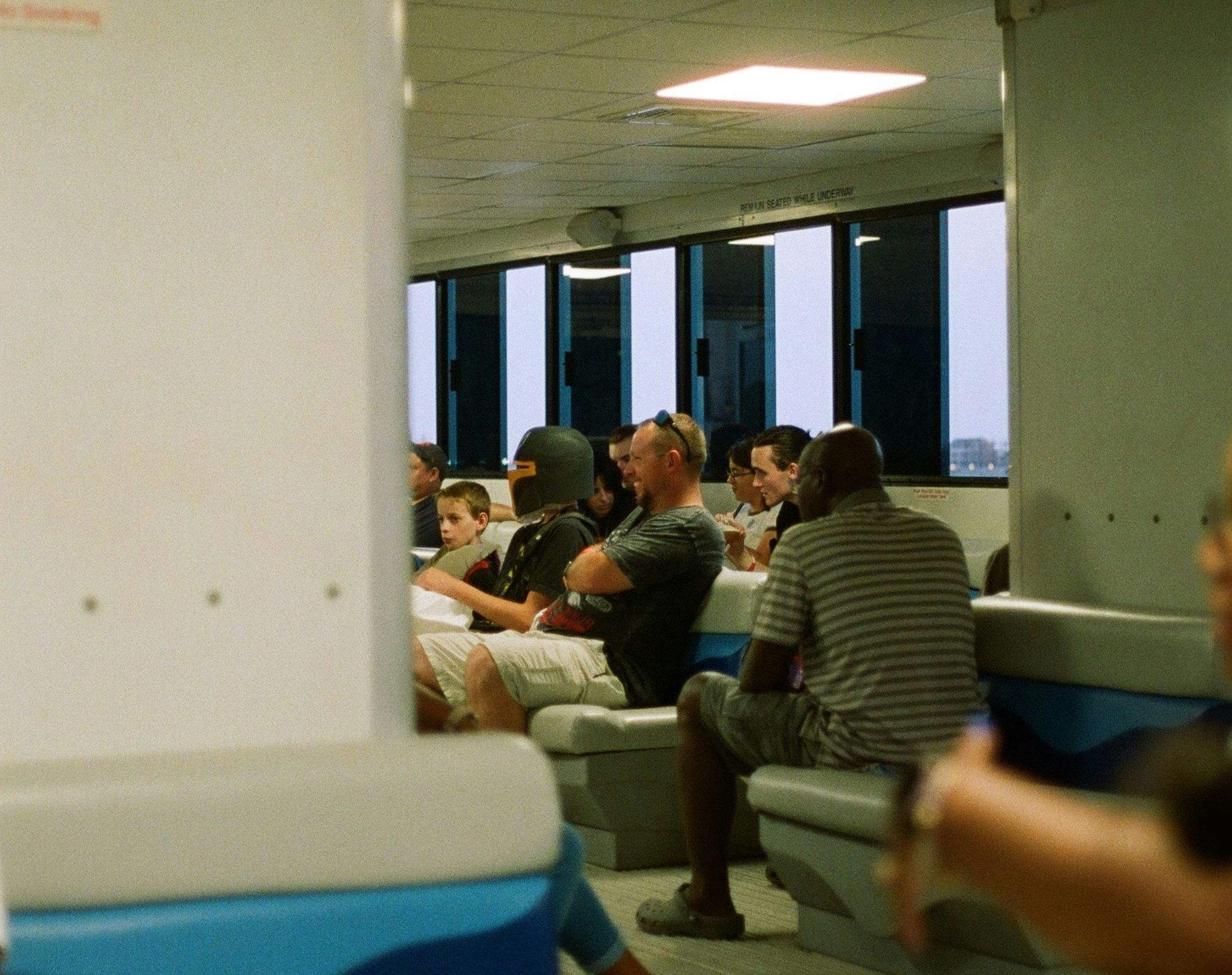The report says that even if the plan achieved its target it would still mean 2.6 million fewer treatments compared to six years ago.
In addition, the report reveals that, based on NHS England (NHSE) analysis to date, fewer new patients have received treatment each month since the plan's implementation, compared to the same period in the previous year.
Access to NHS dentistry across England remains below pre-pandemic levels, with 40% of adults recorded as having seen an NHS dentist in the 24 months to March 2024, compared to 49% in the 24 months prior to the start of the COVID-19 pandemic. There are also 483 fewer dentists providing some NHS care compared to 2019-20.
By August 2024, the DHSC and NHSE had spent £57m of the planned £200m budget, with only two of the four initiatives fully rolled out – although the NAO does recognise the general election has impacted progress in some areas over that time.
DHSC and NHSE have completed the roll-out of the new patient premium and an uplift to the minimum amount Government pays dentists for treatments, known as Units of Dental Activity (UDA), from £23 to £28. NHSE data suggests that there has been about a 14-percentage point increase in dental practices reporting that they are accepting new adult patients, when availability allows, between December 2023 and September 2024.
There has been a small increase in the number of UDAs delivered in the early months of 2024-25, but this is in line with DHSC expectations that, even without the plan, there would be a small increase in delivery.
The report reveals the ‘Golden hello' incentives of £20,000, phased over three years, to recruit 240 dentists into specific areas of the country have not yet contributed to the 1.5 million additional treatment target. While 274 practices have had their application approved to recruit a ‘golden hello' post, the first dentist was not appointed until October this year.
The last initiative of mobile dental vans, aimed at delivering some dental services to targeted communities has also not been rolled out, as no vans have been procured, the report says. Any further progress on this initiative paused when the general election was called and new ministers stated in November that it will be left for ICBs locally to decide whether they go ahead with procuring vans during the remainder of 2024-25.
The NAO's report confirms that access to NHS dentists varies across the country, with some areas of England on average receiving twice as much care as others. Courses of treatment per 1,000 people ranged from 382 in Somerset to 800 in South Yorkshire in 2023-24.
The NAO highlights several challenges facing the Government if it wants to increase access to NHS Dentistry, including:
- The dental contract, which is widely perceived as needing reform, with many in the sector viewing the contract as a disincentive to perform NHS care when practices have the choice of offering private care too.
- A fall in the number of dentists providing some NHS dental care, having fallen by 483 since 2019-20, a decrease of 2%. There were 34,520 dentists registered with the General Dental Council in England in April 2023, but their survey suggests that 22% of the dentists in England did not provide any NHS dental care, only private dental care.
- A reduction in overall spending in real terms, dropping from £3.7bn in 2019-20 to £3.1bn in 2023-24, a drop from £65.15 to £53.88 per person in England.
In 2023-24 there was an underspend of £392m against the total ringfenced NHS dental budget.
In response, Liberal Democrat Health and Social Care spokesperson Helen Morgan, said: ‘The previous Conservative government wrecked NHS dentistry and it is patients who have borne the brunt of this failure, with many left in terrible pain.
‘The new government must urgently grip this situation and show the ambition necessary to deliver these promised appointments, end dental deserts and the awful practice of DIY dentistry.'
In addition, a recent investigation by The Mirror reveals 96% of dental practices are not accepting new adult patients. The newspaper has launched the Dentists for All campaign with the British Dental Association and so far more than 230,000 have signed a petition calling for the service to be rescued.



